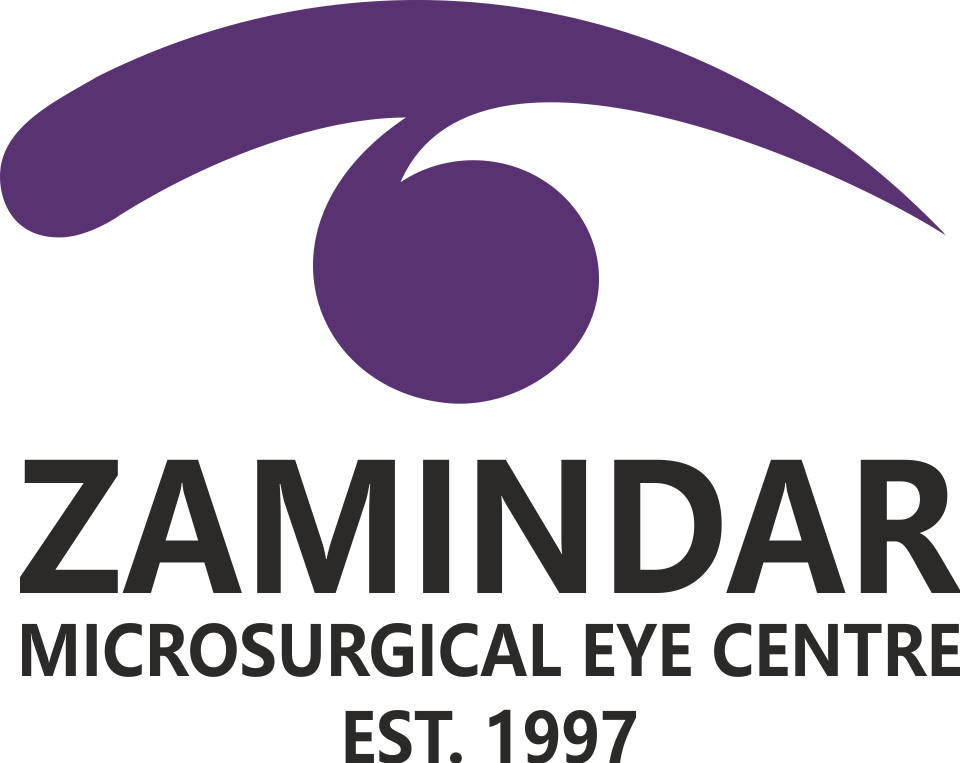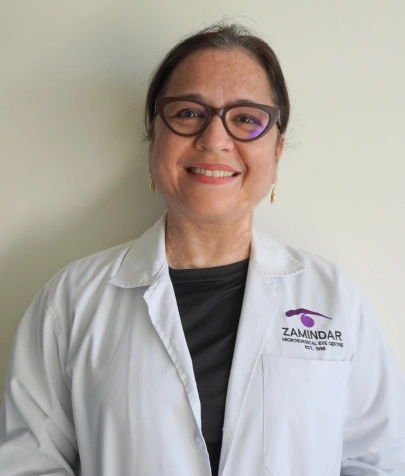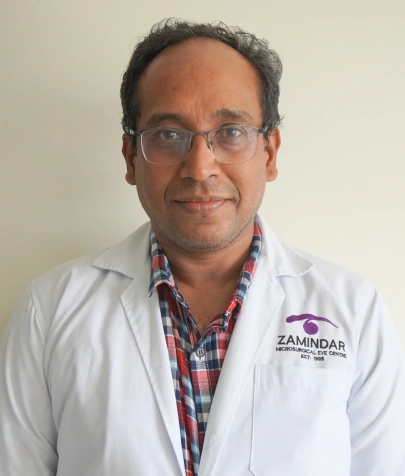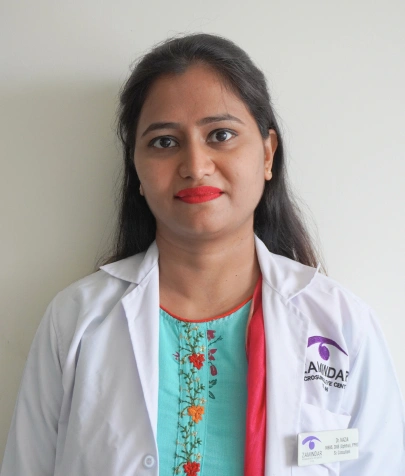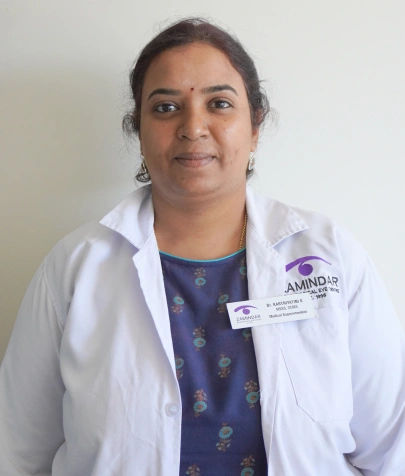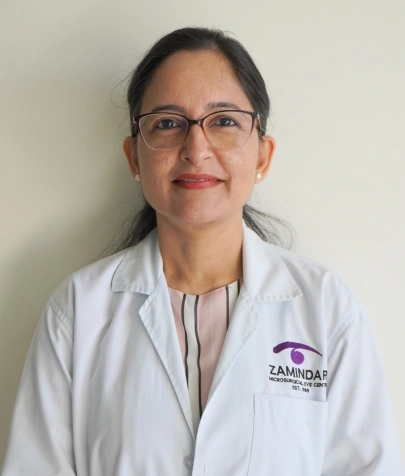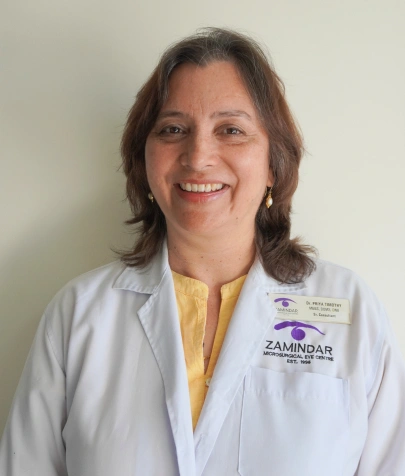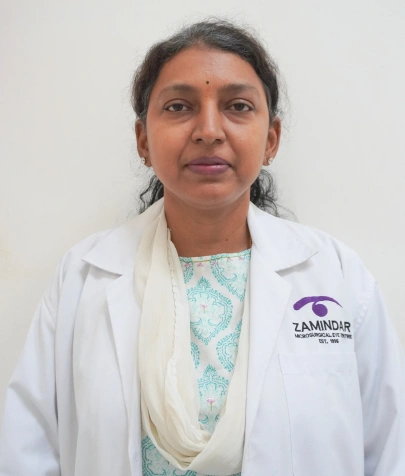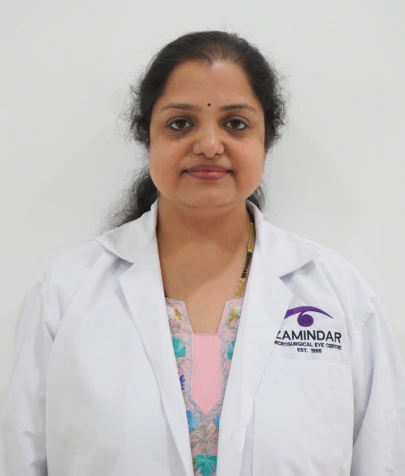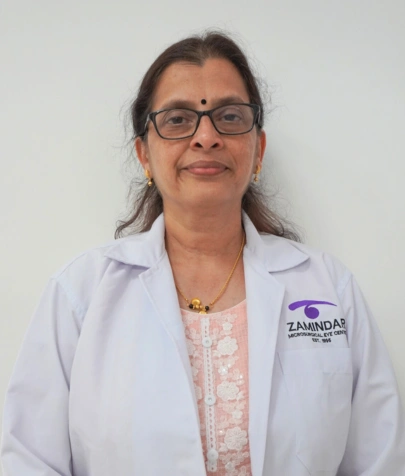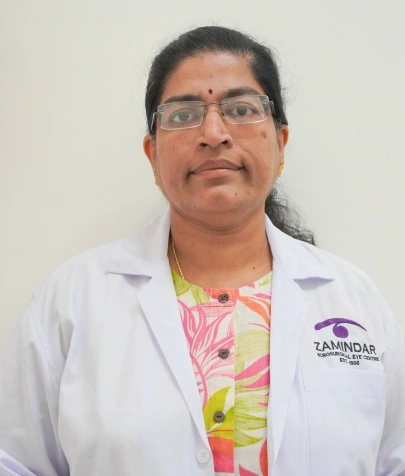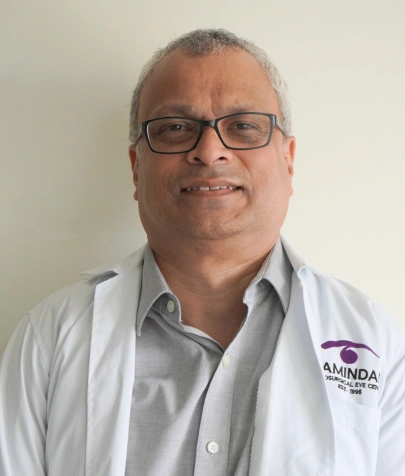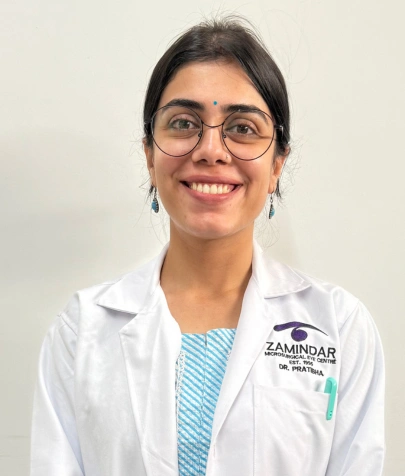
Zamindar Microsurgical Eye Centre (ZMEC), Bengaluru, is one of the very few eye hospitals in India to have a dedicated Vision Therapy Clinic in Bangalore for the diagnosis and management of various binocular vision disorders. Equipped with state-of-the-art technology and infrastructure, ZMEC provides holistic and evidence-based vision therapy to treat various refractive and binocular vision disorders including Amblyopia.
What is Vision Therapy?
Vision therapy is a type of therapy that focuses on developing and increasing a person’s visual skills and talents. It is a non-surgical and non-invasive technique to vision correction that focuses on training and strengthening the visual system to rectify vision abnormalities that cannot be adequately treated with glasses, contact lenses, or surgery alone. Optometrists or ophthalmologists who specialise in the diagnosis and treatment of vision-related disorders are the most likely to prescribe vision therapy. It consists of a series of individualised and structured activities and exercises aimed at improving various visual functions such as binocular vision, eye tracking, focusing, visual perception, and eye-hand coordination.
Regular visits to a vision therapy clinic, where a vision therapist helps the patient through numerous exercises and activities adapted to their unique needs, are typical of vision therapy service. Prisms, lenses, filters, and computer-based programmes may be used as part of the therapy.
What is the role of a vision therapist?
A vision therapist performs an eye examination followed by several special eye tests to properly diagnose the condition before beginning a vision therapy program. She will determine if a child can be benefitted from vision therapy, and how many sessions a child will need to see the results or improvements. She will then design an individualized and customized program, specific to the child’s condition and needs.
How can a parent identify if their child requires vision therapy?
Around 60% of children with learning difficulties have an undetected vision problem. If the parents notice any of the following signs in their child, there is a possibility they might require vision therapy:
Reduced vision, double vision, increased sensitivity to objects contour, poor depth perception , poor eye fixation, poor eye tracking ability, reduced contrast sensitivity, difficulty focusing for distance and near, headache, eye strain, eye fatigue, etc. at the end of the day, reading below grade level, skips/repeats lines when reading, omits small words when reading, poor comprehension, difficulty maintaining attention, poor handwriting, avoids reading or other near vision tasks, labelled “lazy” or “learning delayed”, diagnosed with ADHD or dyslexia.
Why Zamindar Eye Centre?
-
Expertise and Experience: The clinic is well-known for its highly skilled and experienced staff of eye care specialists, which includes optometrists and vision therapists. They are well-versed in diagnosing and treating a wide range of vision-related disorders.
-
Specialization in Vision Therapy: Zamindar’s Eye Centre is distinguished from other eye care clinics by its emphasis on vision rehabilitation. Vision therapy is a specialised field that consists of exercises and treatments designed to improve visual abilities and rectify vision issues that cannot be corrected with glasses or surgery. The clinic’s vision therapy specialisation ensures that patients receive dedicated and thorough care for their individual vision problems.
-
Advanced Diagnostic Technology: The clinic is outfitted with cutting-edge diagnostic technology to effectively examine and diagnose a wide range of vision issues. This ensures that patients’ visual systems are evaluated accurately and thoroughly, resulting in more successful treatment programmes.
- Comprehensive Care: In addition to vision therapy, Zamindar’s Eye Centre provides full eye examinations, contact lens fittings, and treatment for a variety of eye problems. This all-inclusive approach enables patients to receive all of their eye care requirements under one roof.
What should the children and parents expect from vision therapy sessions?
The children and parents can expect improvements in the following visual skills after certain sessions of vision therapy:
Visual acuity, stereopsis (3D) binocular fusion, eye teaming skills, convergence, eye tracking, focusing skills, depth perception, visual processing, visual memory, visual motor integration and hand-eye coordination.
Overall, Zamindar’s Eye Centre’s reputation as a reliable vision therapy clinic in Bangalore is based on its knowledge, specialisation, advanced technology, personalised care, positive patient feedback, research commitment, and comprehensive services.
